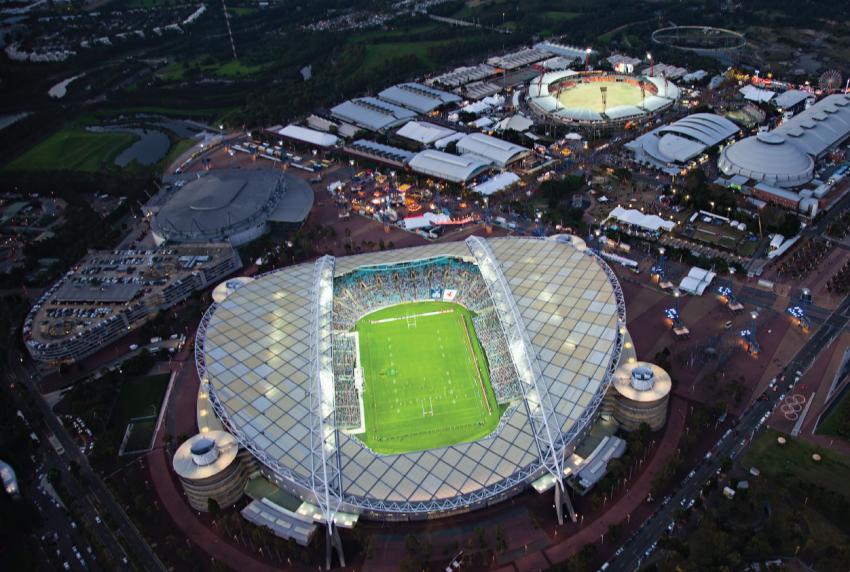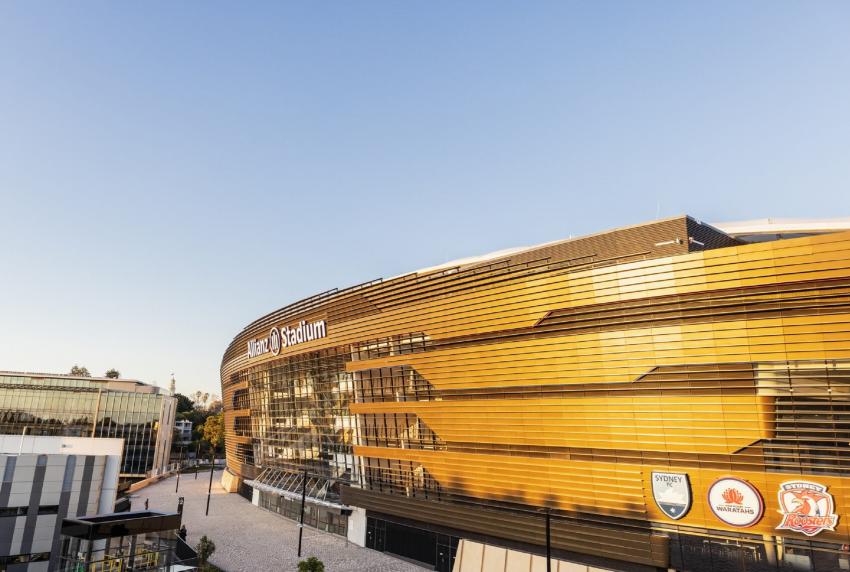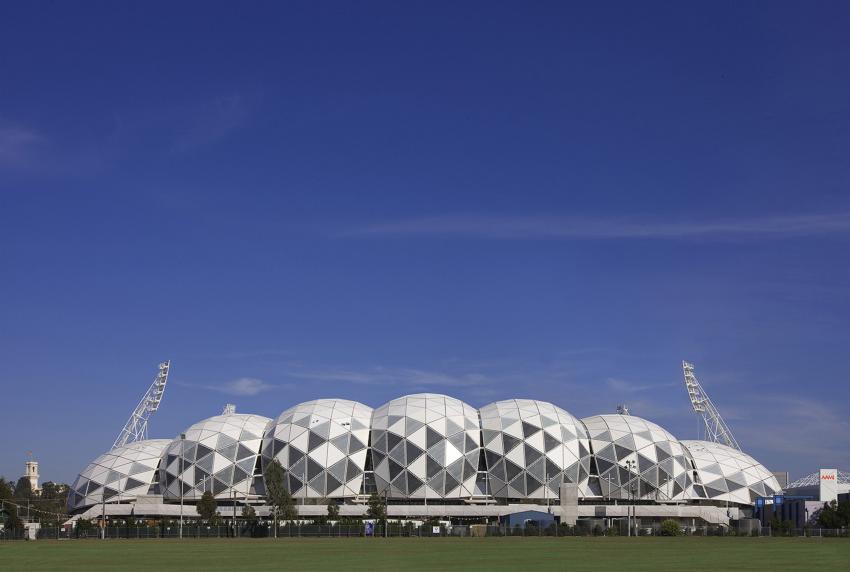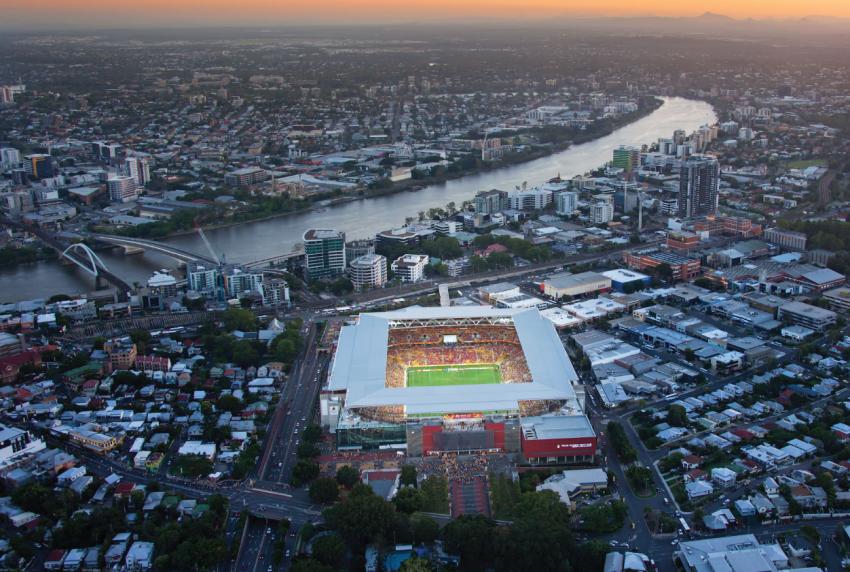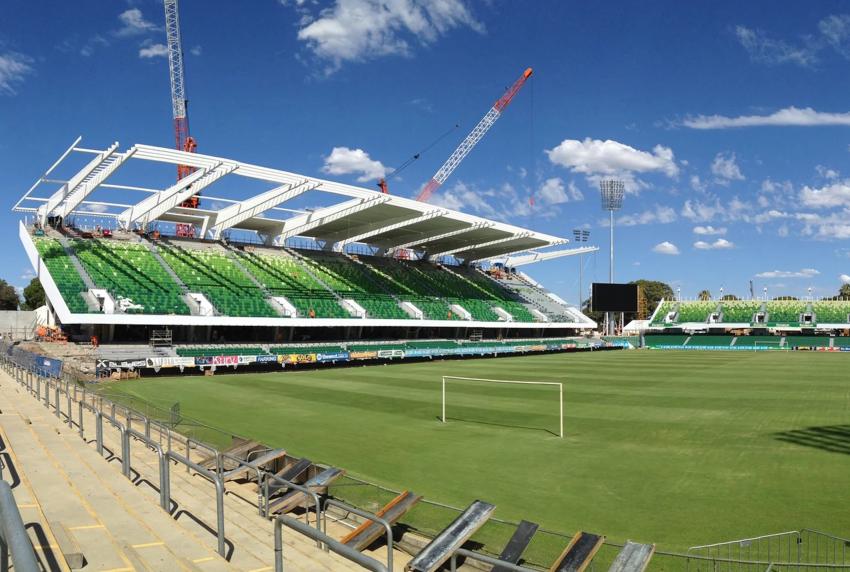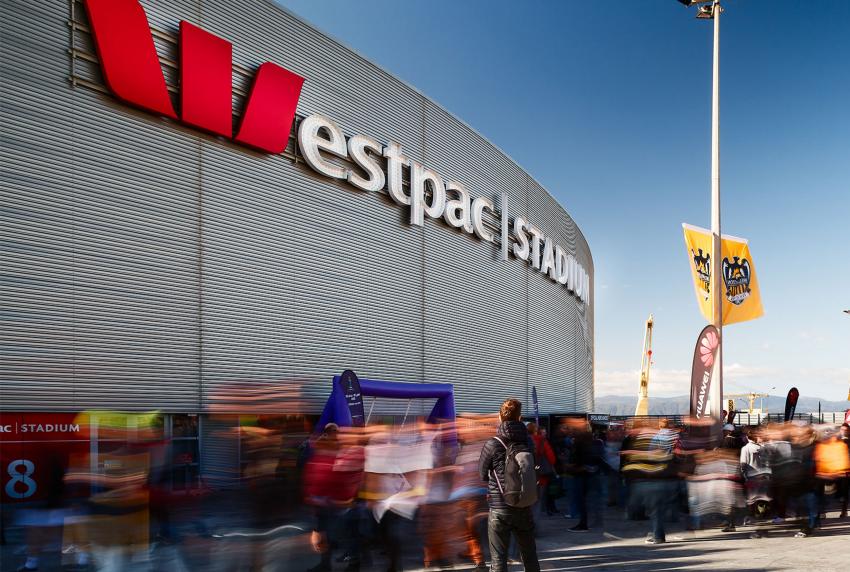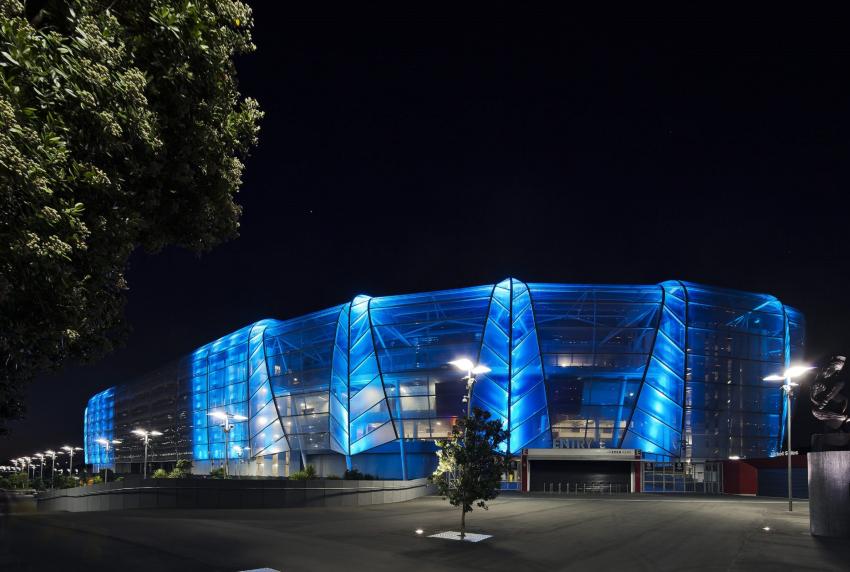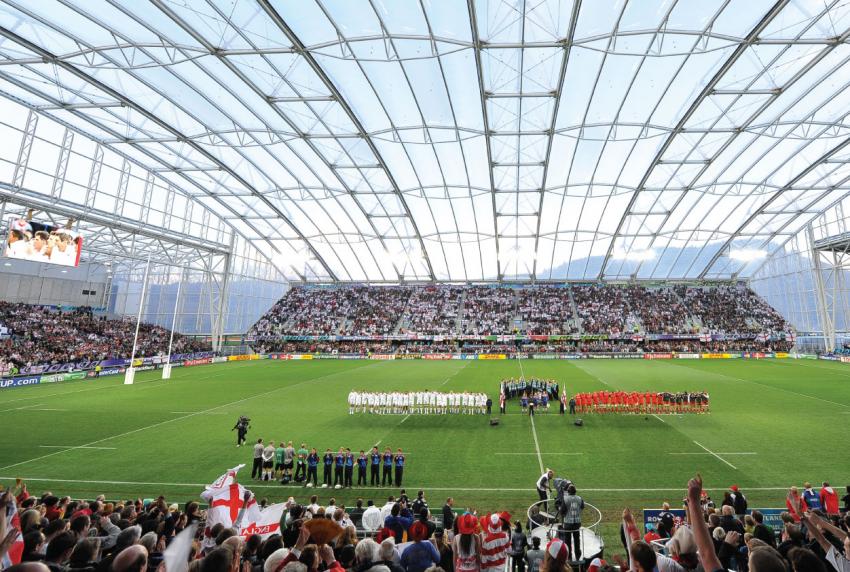Tenderstream members design majority of sports stadia hosting 2023 tournament
With the Tenderstream HQ based in the UK, we’re thrilled to see England team the Lionesses progress to the Women’s World Cup Final on Sunday. But we've kept an eye on the tournament for another reason, as Tenderstream members Populous and Arup have been involved in designs and development projects at nearly all of the stadia hosting the 2023 matches, at sites in both Australia and New Zealand.
On Sunday, attention will turn to the largest venue in the lineup, the Accor Stadium, for the final between England and Spain. The stadium, bult for the 2000 Sydney Olympics, has already hosted three knockout games for the 2023 Women’s World Cup, as well a match between Australia’s home team the Matildas and Ireland, which was moved there due to a high demand for tickets. As one of the largest capacity Olympic stadiums ever built, the design challenge – met by Populous (then called HOK Sport) - was to create a venue accommodating 118,000 people that could be scaled-down for future use, marking the first time that a stadium of this scale had been re-configured post event.
Also in Sydney, the Allianz Stadium - designed by Cox Architecture, with Arup as key consultant – has hosted six matches for the World Cup. Opening in 2022, the design builds on the legacy of a former venue on the site, with a dynamic roof form providing cover to all seats, while a sculptural façade references technology, engineering, and art. Over a decade earlier, in Melbourne, Arup collaborated with Cox Architecture to create The Melbourne Rectangular Stadium. Known as Aami Park, it has also hosted six of this year’s World Cup matches and features an innovative bio-frame roof which creates a highly efficient, functional and visually exciting structure.
Populous, with Arup as structural engineers, are celebrating 20 years since Brisbane Stadium was redeveloped, reaching a milestone of welcoming 20 million fans since its first event in June 2003 – a number that increased during the eight matches it hosted for the Women's World Cup. The venue includes surrounding pubs, restaurants, cafes and bars rather than car-parking, instead providing pedestrian links to transport options. This has since become the model for many stadium developments worldwide. Perth Rectangular Stadium, holding five matches, was created from the redevelopment of Perth Oval, with Arup providing structural engineering, fire engineering, civil engineering and pitch design services to the project.
Over in New Zealand, Populous were involved in the design of three stadia, which hosted 24 World Cup matches in all. Wellington Regional Stadium, designed by Warren and Mahoney along with Blight Lobb Sports Architecture (now Populous) opened in 2000 and is the world’s first purpose-built modern cricket and rugby stadium. Later, Populous was the lead consultant for the redevelopment of New Zealand’s premier sports venue, Eden Park, for the 2011 Rugby World Cup. The facility is set within a sensitive historical residential neighbourhood, leading to a masterplan directing people away from the surrounding district while enclosing the venue to reduce noise and light pollution.
In Dunedin, Forsyth Barr Stadium was also designed by Populous for the same Rugby World Cup but presented a different design challenge, as the most southerly professional sports stadium in the world. The area’s cold, blustery climate called for an enclosed facility that could also host cultural, entertainment and educational events. The resulting venue is the world’s only permanently covered stadium to boast a natural turf playing field, thanks to an innovative design using EFTE - a transparent polymer developed for the space industry - to cover the roof, which maximises the amount of sunlight reaching the pitch.
We wish the Lionesses every success for Sunday, and congratulations to the venue architects for providing such innovative and inspiring designs for so many of the host stadia.
Lucy Nordberg
Tenderstream Head of Research
Start your free trial here or email our team directly at customerservices@tenderstream.com
Explore the Tenderstream archive here
